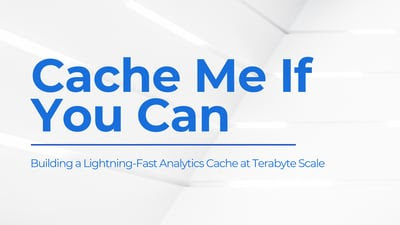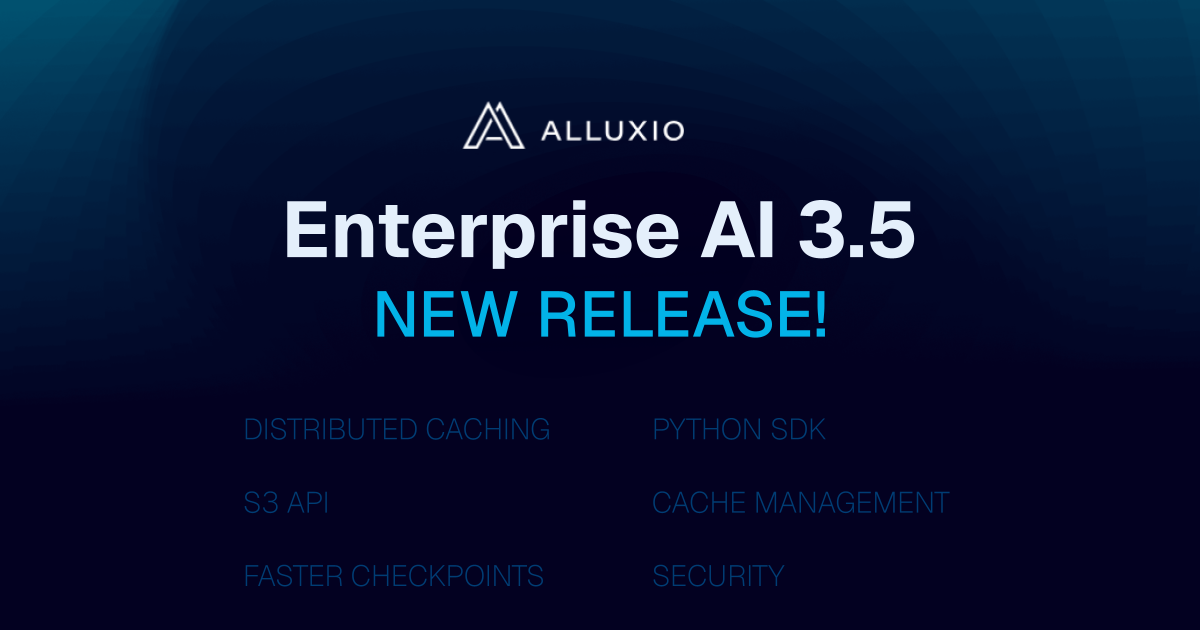Alluxio, formerly Tachyon, began as a research project at UC Berkeley’s AMPLab in 2012. This year we announced the 1.0 release of Alluxio, the world’s first memory speed virtual distributed storage system, which unifies data access and bridges computation frameworks and underlying storage systems. We have been working closely with the Alluxio community on realizing the vision of Alluxio to become the de facto storage unification layer for big data and other scale out application environments. Today, we’re excited to announce that the Alluxio open source project is adopting the Benevolent Dictator For Life (BDFL) model. The day-to-day management of the project will be carried out by the Project Management Committee (PMC). Within the PMC, there are Maintainers, who are responsible for upholding the quality of the code in their respective components. You can find the list of initial PMC members and maintainers here. As the co-creator of the Alluxio open source project, I have been shepherding the project since open-sourcing it in 2013, and I will assume the role of the BDFL. The Alluxio community is growing faster than ever. With the adoption of a project management mechanism, we believe it will further accelerate the project growth and enable contributors around the world to easily collaborate to bring exciting new features and improvements to Alluxio. If you would like to join the Alluxio community, you can take your first step here.
.png)
Blog

Suresh Kumar Veerapathiran and Anudeep Kumar, engineering leaders at Uptycs, recently shared their experience of evolving their data platform and analytics architecture to power analytics through a generative AI interface. In their post on Medium titled Cache Me If You Can: Building a Lightning-Fast Analytics Cache at Terabyte Scale, Veerapathiran and Kumar provide detailed insights into the challenges they faced (and how they solved them) scaling their analytics solution that collects and reports on terabytes of telemetry data per day as part of Uptycs Cloud-Native Application Protection Platform (CNAPP) solutions.

With the new year comes new features in Alluxio Enterprise AI! Just weeks into 2025 and we are already bringing you exciting new features to better manage, scale, and secure your AI data with Alluxio. From advanced cache management and improved write performance to our Python SDK and S3 API enhancements, our latest release of Alluxio Enterprise AI delivers more power and performance to your AI workloads. Without further ado, let’s dig into the details.

.png)